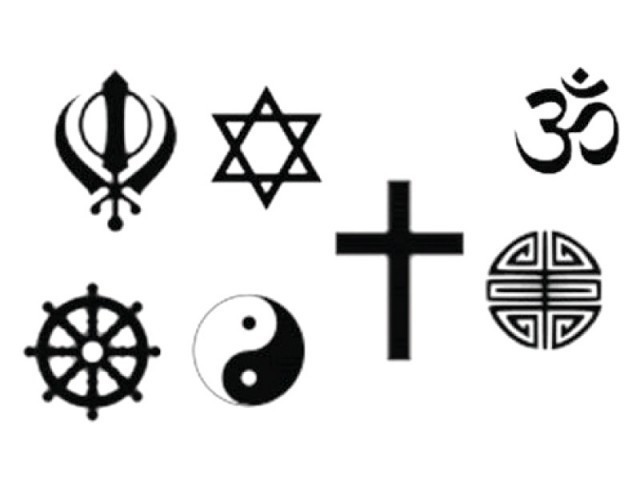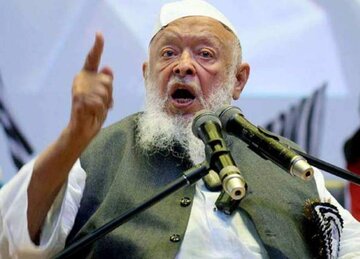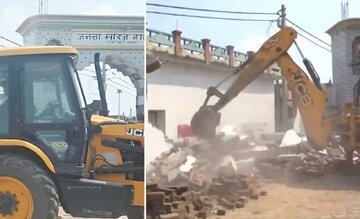KARACHI: The same day Pakistan’s busiest Jinnah International Airport, Karachi, was attacked by militants, a brutal suicide bombing took the lives of 24 Shia pilgrims in a hotel in Taftan, near the Iranian border.
Attacks against Pakistan’s Shia community have been on the rise since the 1980s, but targeted killings reached unprecedented levels in 2013, with some 700 Shias murdered.
According to a new report by Minority Rights Group International (MRG), the spike in attacks against its Shia and Hazara communities make Pakistan one of the world’s most dangerous countries for religious minorities.
Based on interviews with minority rights activists, MRG’s nine-page briefing paper details the disturbing level and nature of violence against the Shia and Hazara community and criticises the “woefully inadequate” response from the Pakistani government.
The report pointed out that hate speech against minority groups circulates freely.
“The government must send a clear message that these kind of attacks are unacceptable and will not go unpunished,” said Carl Soderbergh, MRG’s Director of Policy and Communications. “By turning a blind eye to atrocities, the government has legitimised a culture of impunity among militant groups while minority communities live in daily fear. If perpetrators are not swiftly brought to justice, we are likely to see further violence on a mass scale.”
The report says most attacks have been carried out by three militant groups –- Sipah-e-Sahaba Pakistan (SPP), Lashkar-e-Jhangvi (LeJ) and Tehreek-e-Taliban Pakistan (TPP). Meanwhile, Jaishul Islam has claimed responsibility for the Taftan bombing.
The report also notes a worrying increase in attacks on Shi’a professionals and officials, with doctors, lawyers, politicians, businesspeople and human rights campaigners representing popular targets for threats and harassment. Activists interviewed by MRG believe these attacks are intended to demoralise them and undercut their professional success.
“[I think that] I am on a hit list,” one Shia activist is quoted in the report as saying. “Often I get mysterious calls asking me, ‘Why are you writing about these issues, correct yourself or a bullet will find you’.”
The community has been subjected to various forms of abuse, including vitriolic hate speech campaigns in mosques, schools, public spaces and increasingly on social media.
/129





